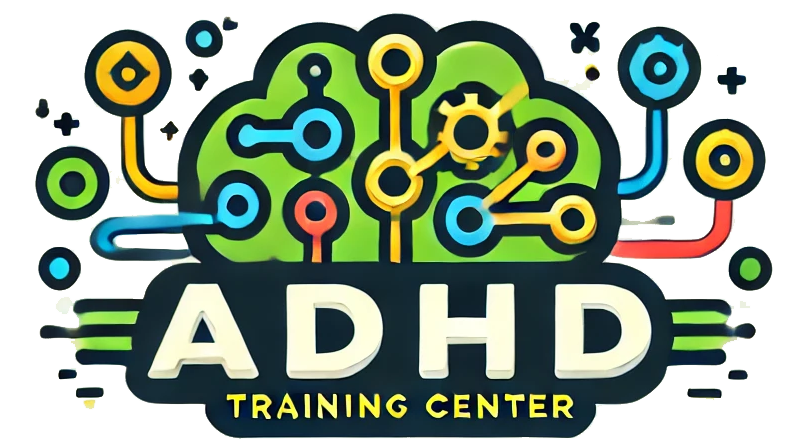Many parents provide their children with screen time – time on an iPad or Smartphone where they can watch YouTube videos and play games. It’s a practice that many parents need to reconsider, especially if your child has ADHD.
Let’s talk about why.
But first, we want to reduce your own guilt. Parenting a child with ADHD can be difficult. There is a lot to learn. We live in a world essentially made for those that are neurotypical, and so we’re not necessarily trained or provided instruction on how to help a child that is struggling with something like attention deficit/hyperactivity disorder.
It’s why we offer parent coaching classes, to support those that are in need of help managing their child’s ADHD and putting them in the best possible position to thrive. Part of learning to parent a neurodivergent child means better understanding how their brains function, and whether we’re responding to that functioning correctly.
It’s important to start with this, because you need to know and understand that it’s not your fault for seeking out easier pathways. Parenting is stressful. Parenting a child with ADHD in a neurotypical world can be even more so.
About Screen Time and ADHD
ADHD makes it hard for children to focus on tasks and remain calm while completing them. It can be stressful, especially now that parenting has felt so much more difficult for so many. As a result, many parents find that putting a tablet in front of their child’s face provides some relief, calming the children down and helping keep them quiet for an extended period of time.
It’s tempting. Once you find that your child seems calmer, you may find that you want to do this more often or depend on the tablet to “support” the child in many situations, like restaurants, on work calls, or doing events.
But it’s also important to resist this temptation.
There is ample, ample evidence that screen time is actually unhealthy for those with ADHD. There is even a small amount of evidence that screen time can cause or contribute to ADHD.
- When a child “zones out” to screen time, they may seem calm, but that screen time overloads the brain from an issue called “digital overload.” Those with ADHD already struggle with overloaded brains, so the result may be a child that is even more likely to struggle with memory issues, poor energy, poor emotional control, and more – the same symptoms of digital overload, but enhanced.
- We touched on this a moment ago, but screen time may be a *cause* of ADHD, and certainly a contributor. That makes it especially important to ensure that you’re limiting screen time in a child that already has ADHD, so as not to be potentially contributing to an issue that makes the problem worse.
- Many people with ADHD struggle with something called “Time Blindness.” It’s an issue of executive dysfunction. It occurs when someone is not quite capable of determining how much time has passed, and unfortunately, those with time blindness may spend hours and hours on a screen, only to be kicked off and feel like they just started. They may find themselves unsatisfied, seeking more screen time, and possibly feeling more upset as a result.
- Like adults, screen time becomes a coping strategy. We use it to escape. Those with ADHD often have fewer alternative coping strategies, and so they may become even more reliant and more addicted to their screen time.
These are only a few of the issues that may occur. So while you may be feeling like you’re getting a bit of relief and your child is “fine,” that screen time can have lasting, damaging affects on their mental health and make it harder to address ADHD in the future.
Next Steps
Instead of giving your child a tablet, consider alternative strategies. Give them games, let them play outside, find them ways that they can use off some of their energy while still finding yourself peace.
If you need help, please reach out to ADHD Training Center. We can provide parent coaching, help children develop calm coping habits, and much more. But try to stay away from screens. They’re unproductive for any child, but can be especially problematic for children with ADHD.


